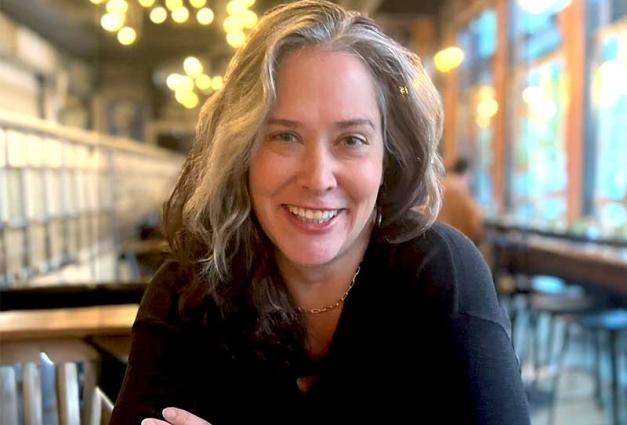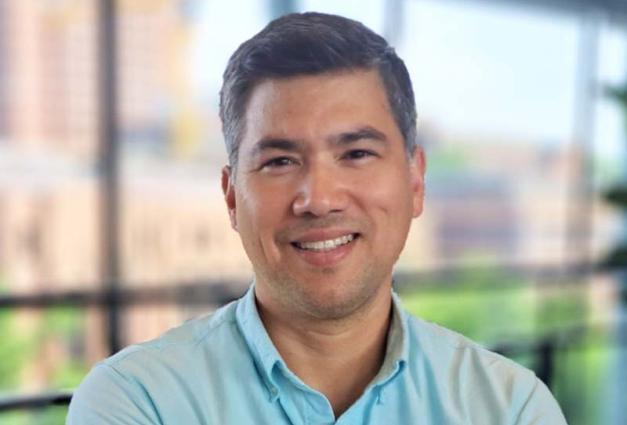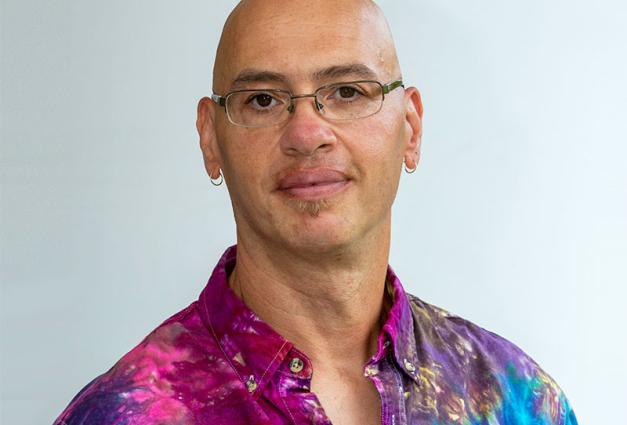Eva Pietri is an Associate Professor at the University of Colorado Boulder. Her research generally explores ways to address harmful biases and encourage inclusive and welcoming environments. She is currently an Associate Editor at the Journal of Experimental Social Psychology and a member of SPSP’s Diversity and Climate Committee.
What led you to choose a career in personality and social psychology?
Growing up, my family moved around a lot. Before attending college in Massachusetts, I lived in NYC, Oklahoma, Long Island, and Indiana. Each move was a significant change, and I was aware of my experiences as a Latina woman within these different communities. I moved to a new state for my last two years of high school. In this city, there was an elementary school in an affluent area, with majority White students that fed into a well-resourced middle school, and those were all the students who took advanced placement classes at my new high school. I could see that situations and society substantially impacted people's lives. In college, courses in social psychology gave me the language to understand what I witnessed. Once I got involved in research, I also realized I loved asking research questions, designing studies, and using statistics to answer questions.
Briefly summarize your current research and any future research interests you plan to pursue.
Broadly, my research explores techniques for addressing harmful biases and promoting inclusive and welcoming environments. Much of my lab's current work explores ways to encourage feelings of belonging and identity-safety among individuals with multiply marginalized identities (e.g., Black and Latina women). For instance, we have published multiple papers exploring who functions as the most inspirational role models for Black and Latina women. In newer work, we have been examining how individuals can act as allies and show they support racially marginalized women, trying to understand when and why specific ally messages may backfire and appear untrustworthy. Recently, we have looked at the importance of variability among Latina and Black women, and how intragroup differences impact discrimination experiences and who acts as a role model to encourage belonging.
Why did you join SPSP?
When I started graduate school, SPSP was the primary conference everyone in my program attended. It was (and still is) one of the best ways for graduate students to connect with other social psychologists. One thing I really appreciate about SPSP even more now is the many affinity groups associated with the organization. It is a wonderful way for students to not only connect with other scholars who have similar research interests, but who also have similar lived experiences.
What is your most memorable SPSP Annual Convention experience?
My first SPSP convention is still my most memorable. The first day, I went to all the talk sessions and multiple poster sessions and was so energized. I loved learning about research, visiting a warmer area, and meeting other social psychologists. I have a very distinct memory of thinking the conference was so much fun! I still enjoy attending the conference, but that first one will always stand out.
How has being a member of SPSP helped to advance your career?
I have made a lot of great connections with other researchers while attending SPSP. For instance, conversations that started over a poster have resulted in invitations to be on symposiums at SPSP and exciting collaborations. I also love hearing about new research during talks and poster sessions. I always feel inspired to pursue new research questions and have ideas for extending my current work after attending SPSP. There are a lot of fantastic professional development events at SPSP, too. When I was just starting as an Assistant Professor, I attended a mentoring lunch with a more senior professor, which was very helpful.
Do you have any advice for individuals who wish to pursue a career in personality and social psychology?
I love that social psychology is relevant to many fields and jobs. Additionally, graduate education in social psychology often teaches students practical skills in research and statistics. I have heard a few talks recently from individuals who have pursued jobs outside of academia. These talks emphasized that doing well in your graduate program, showing you are successful in research, can be helpful for careers outside of academia. Thus, my advice would be to work on research you are excited and passionate about in graduate school, regardless of the career you ultimately pursue. Doing well in your graduate program should prepare you for many potential career options inside and outside academia. Building connections at conferences like SPSP is also fantastic for future academic and non-academic careers.
Outside of psychology, how do you spend your free time?
I love reading for fun and going for (relatively easy) hikes. I like making paper flowers as a more creative hobby, too. However, I have a 2-year-old now, who honestly takes up most of my free time. I love taking my son to the playground and playing pretend at home. My son loves marching bands, so we often play drums and march around the living room.




